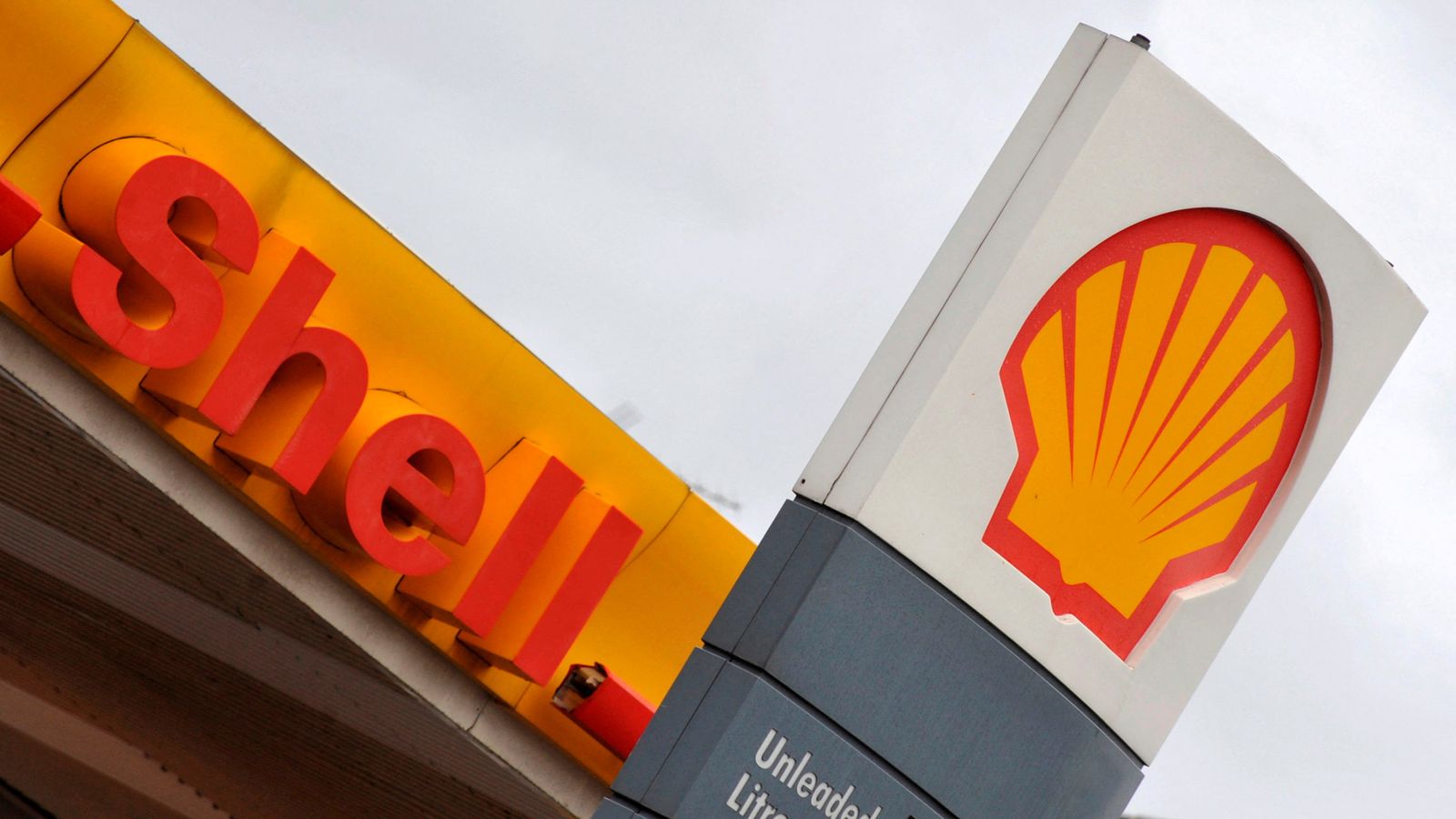Shell has reported operating profits of $9.5bn for the third quarter of this year, lower than that of the three months before but still more than double the same period in 2021.
The London-listed energy giant reported two consecutive quarters of record profit in the first half of the year amid soaring oil and gas prices.
The earnings are lower than was expected. Shell had been forecast to report net earnings of $10.5bn in the third quarter, compared with net earnings of $11.5bn in the second quarter.
The profits were lower compared with the second quarter of 2022 due to lower liquified natural gas (LNG) trading, lower chemicals and refining margins and higher underlying operating expenses.
The total amount paid to shareholders during the three months was $6.8bn, the company paid $0.25 to shareholders for each share they held.
But Shell wants that amount to increase. Subject to board approval, it intends to increase the amount paid per share by 15% for the fourth quarter 2022, which would be paid in March 2023.
The company on Thursday also announced it is to buy back $4bn worth of shares from shareholders by the time fourth quarter results are announced, it follows a completed $6bn round of share buybacks announced in the second quarter 2022 results statement.
Cost of living: Almost half of adults finding it difficult to afford their bills – with numbers rising
Dozens of energy crisis activists carry out sit-down protest in parliament
Cost of living: How can I plan my finances now?
The profits are likely to increase calls for greater one-off ‘windfall’ taxes.
Former Prime Minister Liz Truss had ruled out any additional windfall tax beyond the one introduced in May. The May energy profits levy taxed profits at 25% and was introduced by current Prime Minister Rishi Sunak when he was chancellor.
The chief executive of Shell had himself called on the government to tax oil and gas companies in order to protect the poorest people in society from soaring energy costs.
Speaking at the Energy Intelligence Forum in London, Ben van Beurden said: “One way or another there needs to be government intervention that somehow results in protecting the poorest.
“That probably may then mean that governments need to tax people in this room to pay for it.”
The government recently announced it is to go ahead with a windfall tax on the renewable sector who have been enjoying bumper profits off the back of high gas prices.







